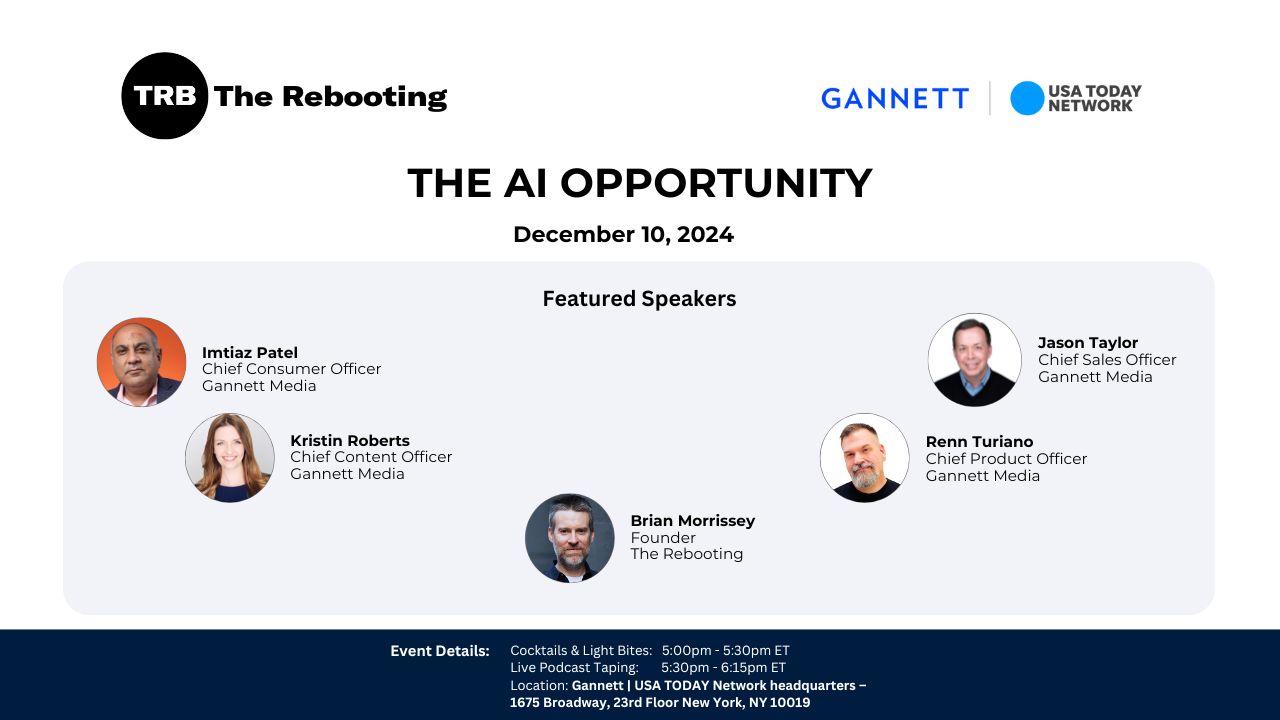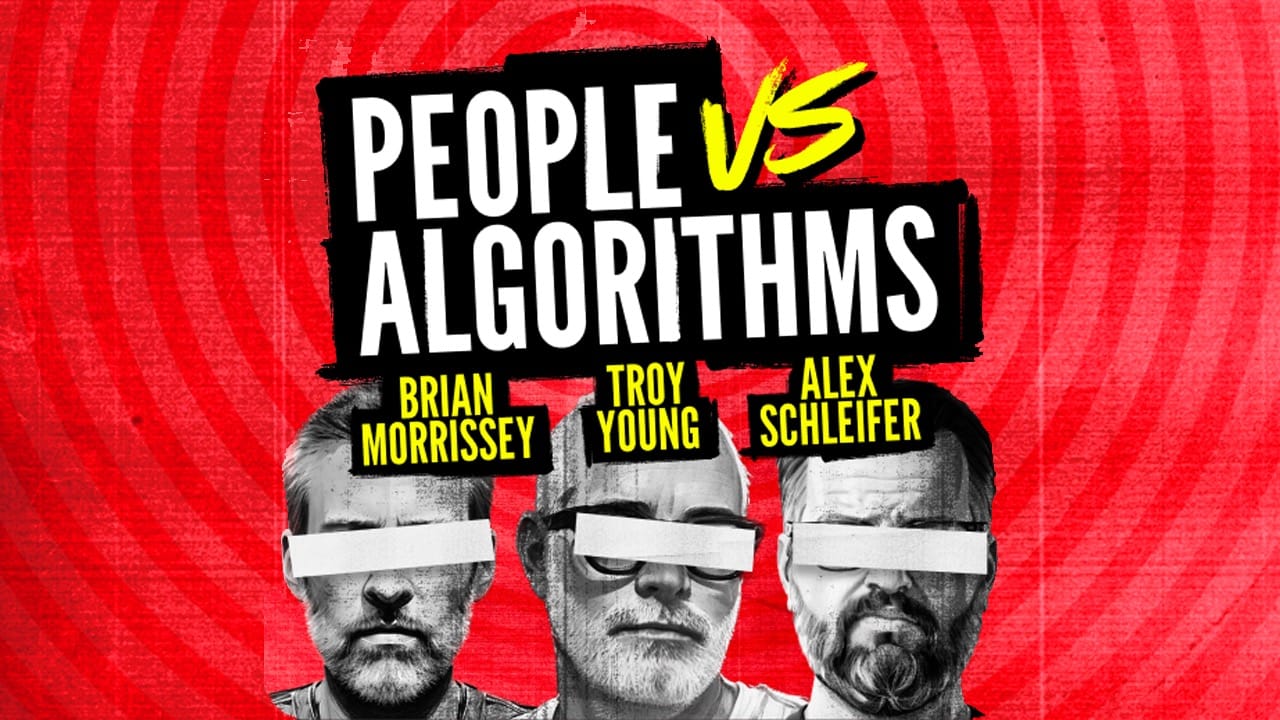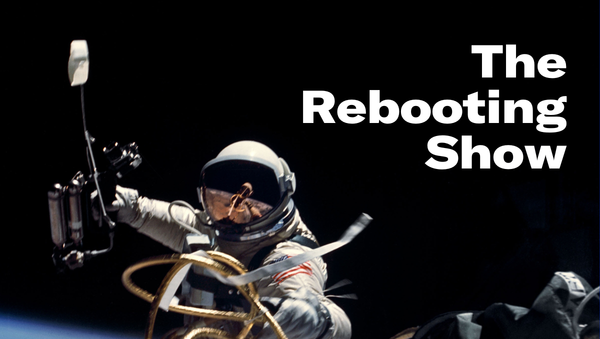You are the media
Mainstream media in a populist era

This week:
- The Rebooting is doing a live podcast/networking event on Dec. 10
- ICYMI: A deep dive with Nota CEO Josh Brandau into how newsrooms can use AI effectively and responsibly
- On PvA, we discussed the ramifications of Google splitting off Chrome
- For TRB members: Institutional media vs “you are the media”
The AI opportunity

I’m excited to announce The Rebooting’s first live podcast and networking event. We are holding it at Gannett | USA Today Network headquarters in New York on Dec. 10. We’ll kickoff with cocktails and networking at 5pm with the podcast event starting at 5:30pm and networking afterwards. “The AI opportunity” is the theme of a conversation I’ll have with the key executives at Gannett, across editorial, product, advertising and subscriptions. We will go into how Gannett is approaching AI in order to do more with less – and create better content, not just more, and a better business model. Hope to see you there.
The AI opportunity (con’t)
My early prediction for 2025 is a no-brainer: It will be a year dominated by the downstream impacts of AI adding to the pressures on the publishing business. Much of the focus will be on playing defense, with licensing deals and intercepting AI bots to charge them. Simultaneously, all publishers, like Gannett, are figuring out how to effectively embed AI into their workflow. Recently, The Rebooting held an online forum in collaboration with Nota, which provides tools to newsrooms, to take a deep dive into the opportunities to use AI to do more with less at a time when that is a reality. Nota CEO Josh Brandau and I discussed what AI is best at – summarization, optimization, versioning – and where its current limitations are (it can lie), as well as the practical steps newsrooms need to take to adopt AI both effectively and responsibly. Check out the replay.
Targeting Chrome

Google faces a pair of antitrust threats that seek to rein in its undeniable dominance in digital media. The ad tech case, which is expected to get a ruling soon, is arguably less critical to Google, even if it has large implications for the digital ad ecosystem. It’s the search antitrust case that could fundamentally alter the Information Space. The Department of Justice is going for it: Proposing a structural remedy to Google’s dominance by forcing Google to spin off Chrome. The thinking is that Chrome is a moat Google has created to control distribution, along with a lucrative deal with Apple to be the default on its operating system.
On the latest episode of People vs Algorithms, we discuss the implications of a standalone Chrome and whether it will do much to alter the balance of power in the market – or whether a more sensible remedy would be giving rival search players access to Google’s index. I can’t help but wonder if this will all play out along the lines of Microsoft’s antitrust trial in the 1990s, when the government tried to break up Microsoft over its browser bundling strategy only for market dynamics to fundamentally change. The market tends to correct imbalances better than centralized forces like governments and regulatory bodies.
You can watch PvA on YouTube or listen on Apple, Spotify or other podcast platforms.
Mainstream media in a populist time
The funny thing about journalism and media overall is there is no accreditation. That’s why “the media” has always been a misnomer. The professionalization of media was mostly an accident of technological limitations. Creation was constrained by the need for special tools and even then, distribution was limited.
The dawn of the internet set in motion the end to this era of media. The internet shifted distribution from a controlled system in which publishers could be assured of quasi monopolies – think of local newspapers – to one where the choke point of distribution moved to the interface level. Controlling the interface is the closest you’ll get to commanding heights.




